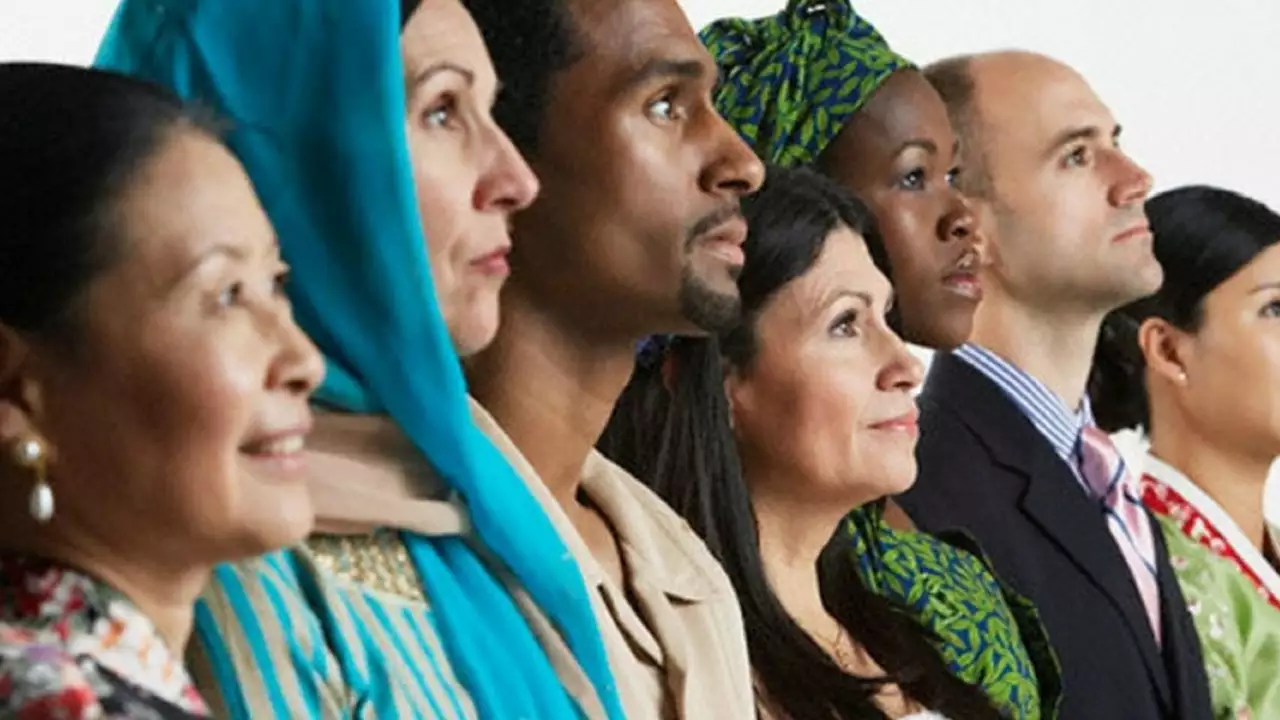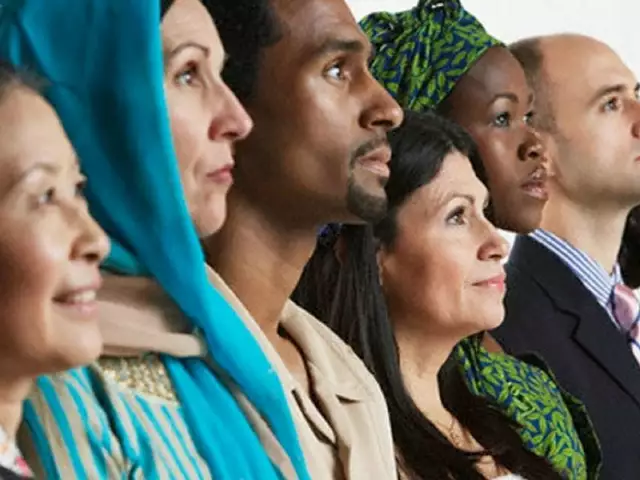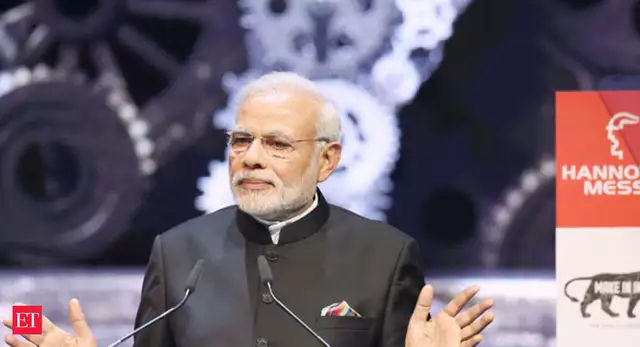
Indian Stereotypes: Overcoming Cultural Misunderstandings
Aarav here. Let me start by painting you a picture. Imagine you’re in a crowded room. Suddenly, the room grows quiet. All eyes are on you. In the ensuing silence, a voice rings out, "Oh, you're Indian! Can you help me with my coding homework?" As an Indian living in the US, such situations often become a part of my reality check. Frequently stereotyped and thus misunderstood, we're often subjected to lighthearted ignorance, if not more serious forms of discrimination. In fairness, however, isn't the brunt of such ignorance largely borne by the entire immigrants community? Let me take you on a fascinating journey of exploring this loaded issue.
Loud and Proud or Just Too Loud?
Energized gatherings, boisterous celebrations, breathtakingly colorful festivals – that’s us! Indians in the US, we are an animated, lively lot. However, this high-spiritedness is often misconstrued as loudness. But here’s a little secret for you. Are you listening? Guess what, we're multicultural in our very essence and love celebrating our vibrant traditions with fervor. This celebratory courage is often mistaken for brashness or intrusion. It’s essential to understand that this gregarious enthusiasm is part of our cultural DNA. Rather than let it irritate you, come join the party! Who knows, you might end up having the time of your life.
The Great Indian Rigid Mindset
Moving further down the labyrinth, let's pause at the ‘Rigid Mindset’ billboard. Indians in the US are often perceived as having regimented outlooks. Can this be attributed to our strong inherent value systems and the emphasis on maintaining our traditions while in a foreign land? Yes! It's not uncommon to find Indian parents impressing upon their kids the importance of cultural preservation. Yet, this does not necessarily make us close-minded. As an Indian living in the US, I can confirm that while we honor our roots, we’re equally keen to adopt new perspectives. Our 'rigid' cultural practices are more about cherishing our heritage than resisting change. After all, adaptation is the ultimate key to survival in a foreign country.
The Relentless Chase of Academic Excellence
Let's address the elephant in the room - the notorious stereotype of Indians being overzealous about academics. The driving force behind this stereotype is the belief that education ensures upward socio-economic mobility. It's deeply rooted in Indians' mindset, especially among immigrants. Being a software engineer myself, I was often trapped in the ‘oh-so-you’re-Indian-you-must-be-good-at-maths’ stereotype. Sure, we value education, but allow us the freedom to explore areas beyond the conventional fields of medicine, engineering, or mathematics. Not all of us are coding fanatics or mathematical prodigies, and that’s perfectly fine.
The Curry Conundrum and Other Eating Habits
No discussion about Indians abroad can be complete without mentioning the 'curry conundrum.' Because, believe it or not, our food habits make for intriguing conversations. Yes, I agree that we have a thing for spices – from curries to biryanis, spices are our magic dust! But somehow, this has led to the stereotypical "Do you eat curry for every meal?" question. Well, for the record, we cherish a plethora of mouth-watering dishes beyond curry. Also, not all Indians are vegetarians. While vegetarianism is a significant part of our population due to religious and cultural reasons, a substantial number of Indians relish non-vegetarian delicacies. So, next time you invite an Indian friend over, don't just stick to curry and rice. We're gastronomically adventurous!
Being of Indian origin in the US, navigating these stereotypes can occasionally be challenging. Yet, it’s also an opportunity for us to showcase our vibrant culture, traditions, and values, breaking down barriers and changing perceptions. It's vital that we understand stereotypes for what they are, overgeneralizations that can, and often do, distort reality. Understanding, patience, and a sense of humor can go a long way in dispelling these stereotypes and fostering healthy multicultural interactions.
So, my dear friends, the next time you meet an Indian in the US, remember, we are much more than our stereotypes. We are software engineers, doctors, artists, entrepreneurs, and most importantly, human beings with dreams and aspirations just like anyone else. Come, learn with us, laugh with us - let’s celebrate the richness of cultural diversity!


